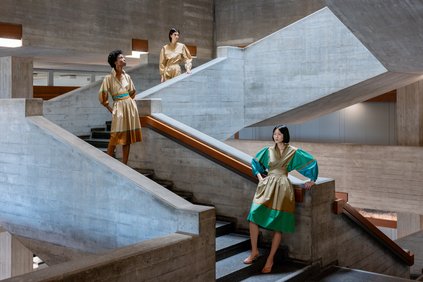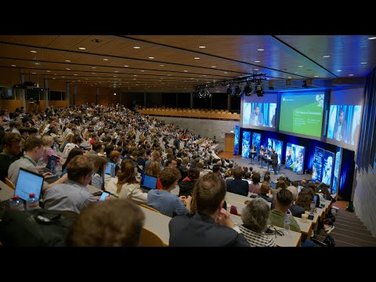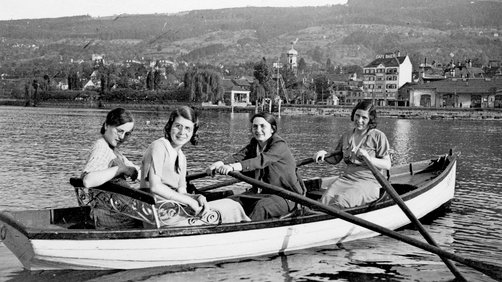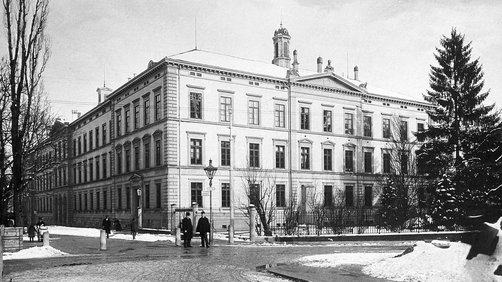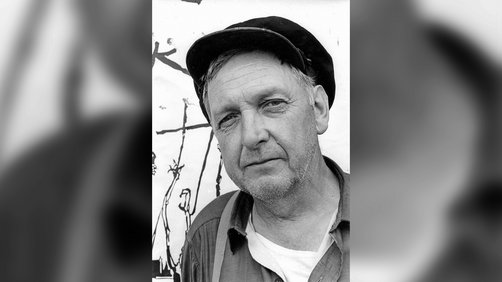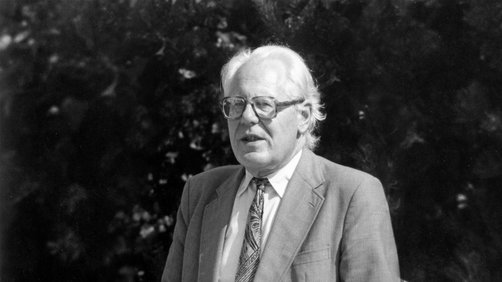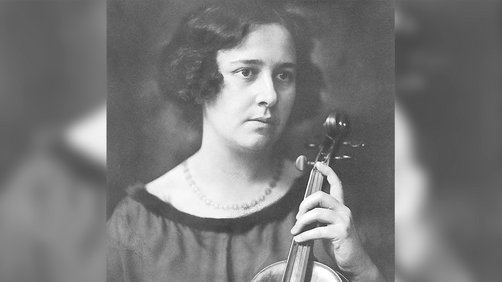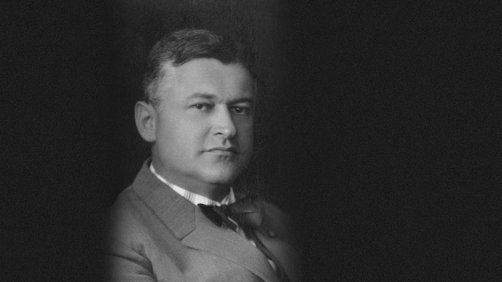
The University of St.Gallen (HSG) is one of the oldest business schools there are and was the first of its kind to be founded in Switzerland. It was founded in 1898, when the Grand Council of the Canton of St.Gallen decided to establish an 'academy for trade, traffic and administration' in the city of St.Gallen. 2023 will be a special year for the HSG as we celebrate our 125th anniversary.
In the year of our 125th anniversary, a wide range of events will provide an opportunity to celebrate together - and get a deeper understanding of the University, which has been deeply rooted in St.Gallen and the region for 125 years. Take the opportunity to discover your HSG.
In the course of the year, we will announce further events and other highlights on this page. So it's worth checking back here more often.
Publications and brochures

125 Years of the University of St.Gallen – St.Galler Tagblatt special insert (in German)
News on the anniversary
Discover the milestones marking HSG's journey from its establishment in 1898 to the present day
Recent events
Fri
18.08.
-
Sat
19.08.
08:00
-
18:00
2023
Congresses and Conferences
Congress of the Swiss Abroad
Every year in August, the Organization of the Swiss Abroad (OSA) organizes a Congress for Swiss Abroad. The 99th Congress of the Swiss Abroad 2023 will take place from August 18-20 at the University of St.Gallen.
Speaker:
Location:
University of St.Gallen
Fri
15.09.
09:00
-
18:00
2023
Congresses and Conferences
International Symposium: "Universities in an Age of Uncertainty"
Together with thought leaders and influential personalities, top-class international speakers as well as our students and guests, we will discuss different questions about the future role of universities and the further development of learning and teaching.
Speaker:
Various (see event description)
Location:
University of St.Gallen






